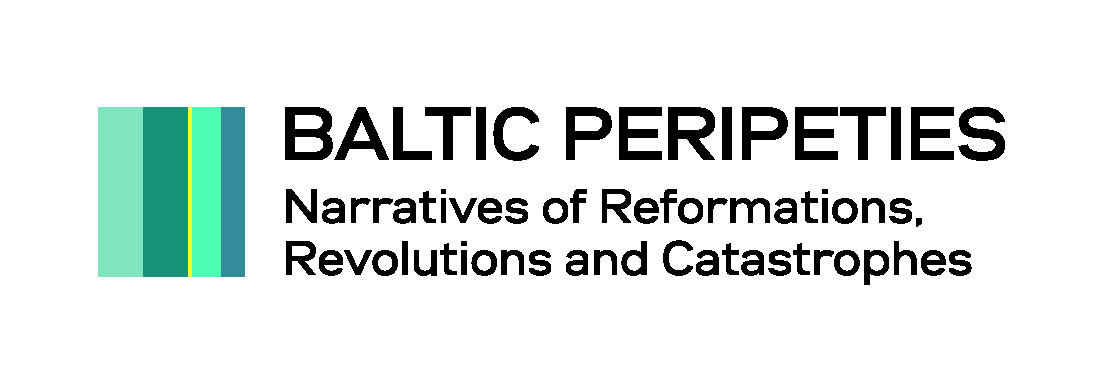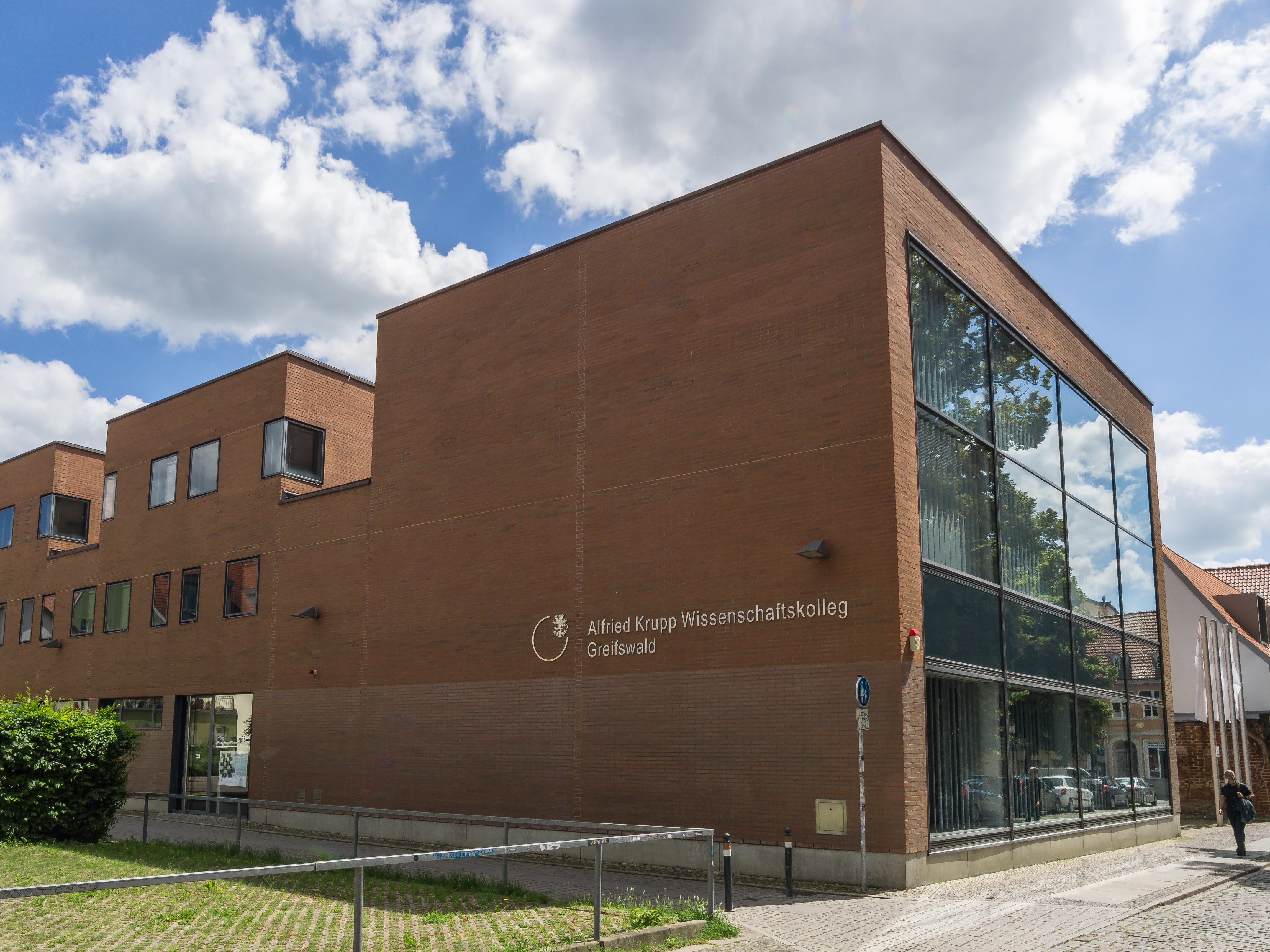"Baltic Peripeties" is an international research training group (IRTG) of three universities in the Baltic Sea region - Greifswald, Tartu and Trondheim. At the IRTG, doctoral students and professors research the narrative constructions of the Baltic Sea region in an interdisciplinary environment and with the focus on the concept of “peripety”. As a category of production of meaning, ‘peripety’ was first used in Aristotle’s Poetics. There, it denotes the turning point in a story, the event in which it becomes obvious that what is expected will not happen. As a neutral umbrella term for all sorts of turning points, whether they be revolutions, reformations, catastrophes, or tipping points, it has considerable analytical potential that has yet to be exploited.
The joint research programme ‘Baltic Peripeties’, developed by researchers from the University of Greifswald together with partners from Tartu and Trondheim, aims to use the term ‘peripety’ to extend ‘narration’ and ‘event’ as novel means for investigating and understanding the Baltic Sea region (B.S.R.). In the context of the narrative turn, narration is understood as the anthropological foundation for human perception of reality. Narrations produce meaning by singling out a particular event from a per se infinite stream of occurrences. This re-evaluation of one point as a turning point establishes the centre of a plot that has a definite beginning (‘What leads to the event?’) and a definite end (‘What consequences does the event have?’) and thereby segments time and space in a meaningful way. Peripety, therefore, is the key to the production of meaning. It influences our perceptions of the world and leaves its mark on political convictions and social actions, economic decisions, socio-ecological and cultural frames of meaning.
On this basis, the IRTG research programme will examine the narrative constitution of the Baltic Sea region: which historically relevant peripeties determine past and current perceptions of the Baltic Sea region? What kind of social, cultural, political, ecological and economic agency do these peripeties possess (historically, currently and for the future)? Do different peripeties with distinct effects exist alongside each other? If so, do they interact, stand in competition or do they exclude one another? In addressing such questions, the IRTG will be the first to make theoretical and methodical advances in the application of the narratological concept of peripety as a tool of enquiry in regional studies and advance the state of the art in the field of narratology.
Wednesday 6 April, 5.00 p.m.
Programme
5.00 Welcoming Notes
Dr. Christian Suhm (Academic Coordinator, The Alfried Krupp Institute for Advanced Study, Greifswald)
Prof. Dr. Katharina Riedel (Rector, University of Greifswald)
Dr. Stefan Fassbinder (Lord Mayor, University and Hanseatic Town of Greifswald)
Prof. Dr. Eckhard Schumacher (RTG Speaker, Dept. of German Philology, University of Greifswald)
5.45 Musical Intervention
Maria Mattila (Cello), Leonardo de Assis (Double Bass)
6.00 Peripeties in Pictures: Project Pitches
Moderation: Nina Pilz, M. A., Ph. D. (Researcher, Dept. of German Philology, University of Greifswald)
NTNU Trondheim
Prof. Dr. Ingvild Folkvord (IRTG Vice Speaker, Dept. of Language & Literature)
Ingeborg Rebecca Mjelde Helleberg, M. A. (Ph. D. Researcher, Dept. of Language & Literature)
University of Tartu
Prof. Dr. Anti Selart (IRTG Vice Speaker, Inst. of History & Archaeology)
Artis Ostups, M. A. (Ph. D. Researcher, Inst. of Cultural Research)
University of Greifswald
Dr. Alexander Waszynski (IRTG Coordinator, Dept. of German Philology)
Laura Tack, M. A. (Ph. D. Researcher, Dept. of History)
7.00 Short Break
7.15 Public Evening Lecture
Rewriting Old Narratives for a New Swedish Power: Topographical History in the Baltic Sea Region, 1550-1700
Prof. Kristoffer Neville, Ph. D. (Dept. of the History of Art, University of California, Riverside)
Moderation: Prof. Dr. Eckhard Schumacher
Participation only after registration


